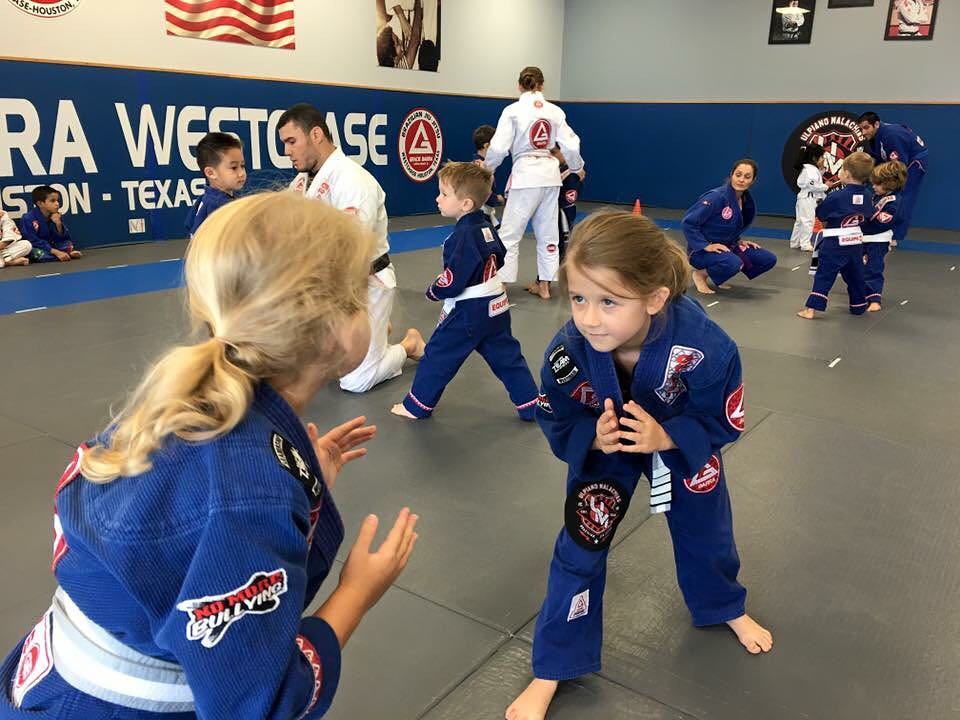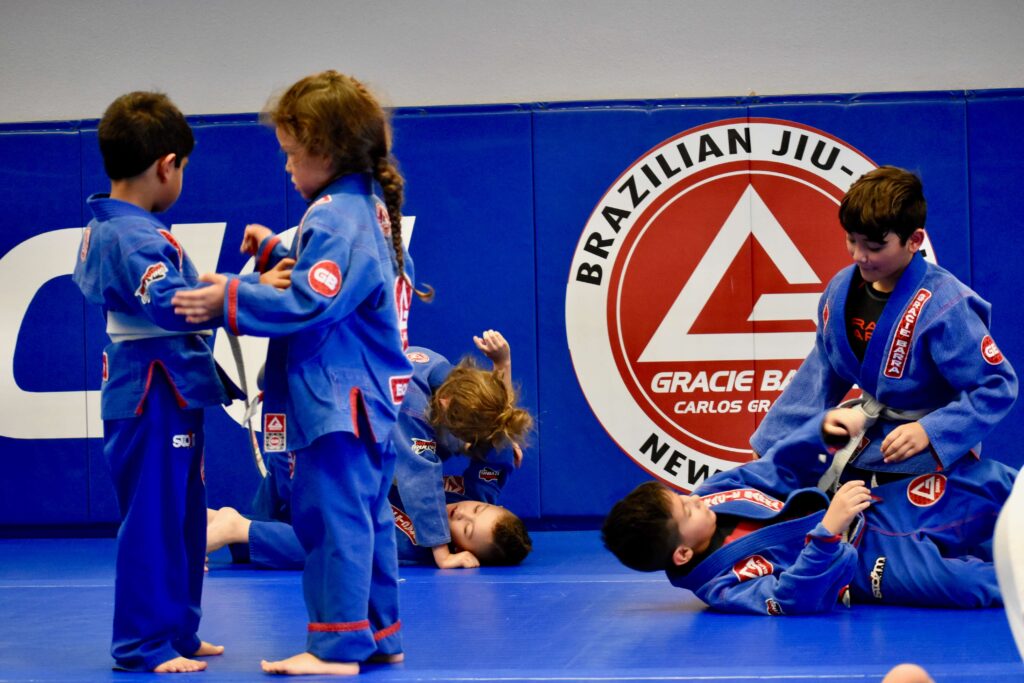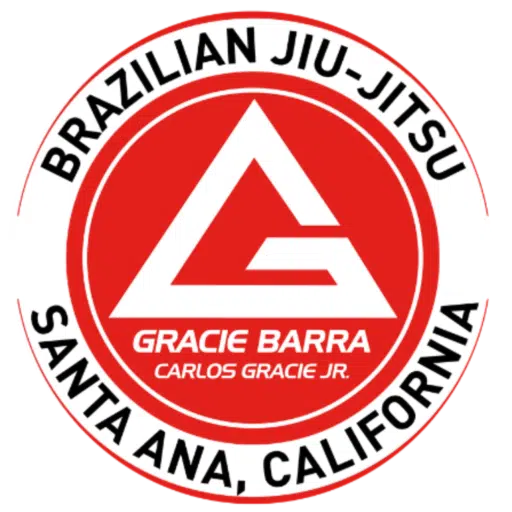Introducing:
Jiu-Jitsu transcends its role as a martial art, emerging as a powerful catalyst for physical development in children. In this article, we delve into the myriad benefits of Jiu-Jitsu, examining its profound impact on motor skills, strength, flexibility, and overall health in young practitioners. Join us as we uncover the transformative journey of physical growth ignited by the practice of Jiu-Jitsu in children.

Development of Motor Coordination:
Jiu-Jitsu serves as a dynamic platform for refining children’s motor coordination. Through intricate techniques and precise movements, young practitioners are challenged to enhance their motor skills, fostering agility and precision crucial for both martial arts and daily activities.
Increase in Muscular Strength:
The rigorous training regimen of Jiu-Jitsu cultivates muscular strength in children. Engaging in exercises like falls, rolls, and projections not only fortifies muscle groups but also lays the foundation for a robust physique, bolstering overall physical resilience.
Promotion of Flexibility:
Jiu-Jitsu’s emphasis on fluid and expansive movements promotes flexibility in children. By regularly stretching and maneuvering through various techniques, practitioners develop suppleness, reducing the risk of injuries and fostering optimal physical performance.
Stimulation of Bone Growth:
Active participation in Jiu-Jitsu stimulates bone growth during children’s formative years. The dynamic nature of the practice provides a conducive environment for healthy skeletal development, fostering sturdy bones and joints.
Cardiovascular Development:
The dynamic nature of Jiu-Jitsu workouts elevates heart rate, fostering robust cardiovascular health in children. Through consistent practice, young practitioners enhance their endurance and cardiovascular capacity, laying the groundwork for lifelong physical fitness.
Enhanced Balance and Posture:
Jiu-Jitsu’s focus on maintaining specific postures and equilibrium cultivates balance and proper posture in children. By honing these fundamental aspects, practitioners develop a solid foundation for optimal physical performance and injury prevention.

Improvement in Respiratory Capacity:
Jiu-Jitsu practice incorporates exercises that demand respiratory control, fostering the enhancement of children’s respiratory capacity. Through focused breathing techniques and controlled exertion, young practitioners develop more efficient breathing patterns, contributing to improved lung function and overall respiratory health.
Establishment of Healthy Habits:
Engagement in Jiu-Jitsu instills the importance of maintaining healthy habits from a young age. By participating in regular physical activity, children cultivate an active lifestyle, reducing the risk of health issues associated with sedentary behavior and laying the groundwork for lifelong well-being.
Enhancement of Agility:
The dynamic nature of Jiu-Jitsu, characterized by swift movements and seamless transitions, serves as a catalyst for enhancing children’s agility. This improvement not only enhances performance in the martial art but also translates into heightened coordination and dexterity in various daily activities.
Stimulation of Neuromotor Development:
The intricate techniques of Jiu-Jitsu necessitate precise coordination between mind and body, stimulating children’s neuromotor development. By continuously challenging cognitive functions during training, young practitioners refine their ability to make rapid decisions and execute complex movements with precision.
Improvement in Muscle Endurance:
Engaging in intensive Jiu-Jitsu workouts fosters the development of muscle endurance in children. Through repetitive movements and sustained exertion, muscles are strengthened, enabling young practitioners to sustain physical performance over extended periods, enhancing overall physical resilience.
Development of Body Awareness:
Jiu-Jitsu cultivates a heightened sense of body awareness in children. By emphasizing the importance of proper technique, posture, and efficient use of strength, practitioners develop a deeper understanding of their bodies’ capabilities and limitations, facilitating improved performance in both martial arts and daily life.

In Summary:
Brazilian Jiu-Jitsu serves as a holistic approach to children’s physical development, fostering agility, neuromotor skills, muscle endurance, and body awareness. Through consistent practice, young practitioners not only improve their martial arts skills but also cultivate a foundation for overall health and well-being.



